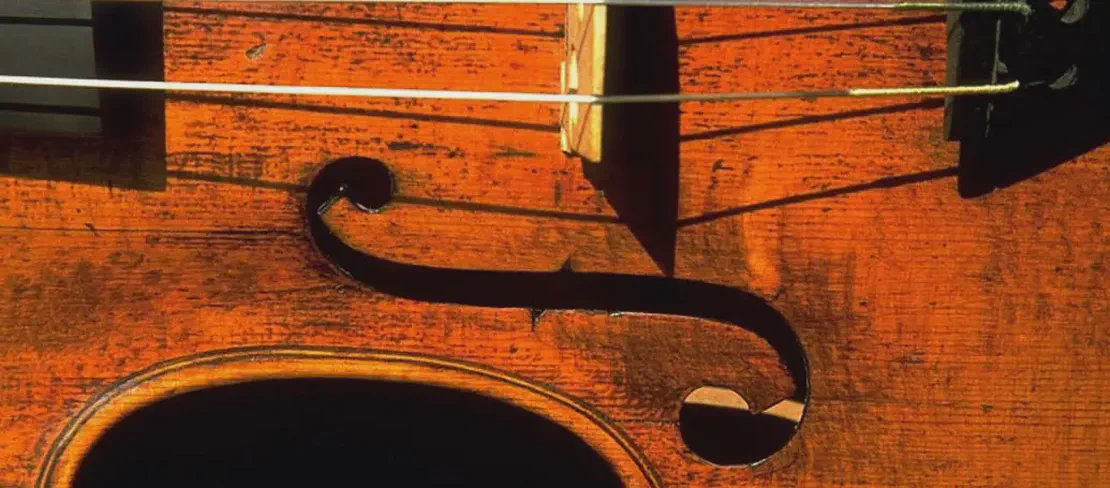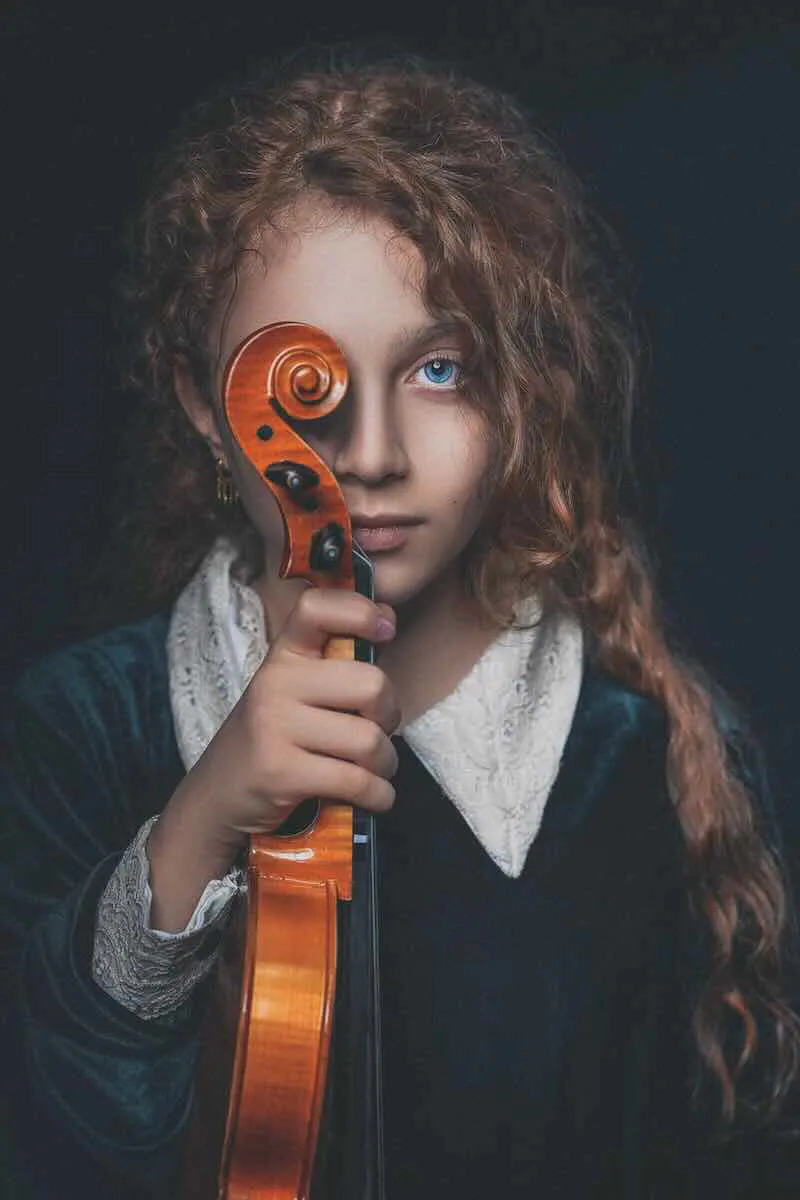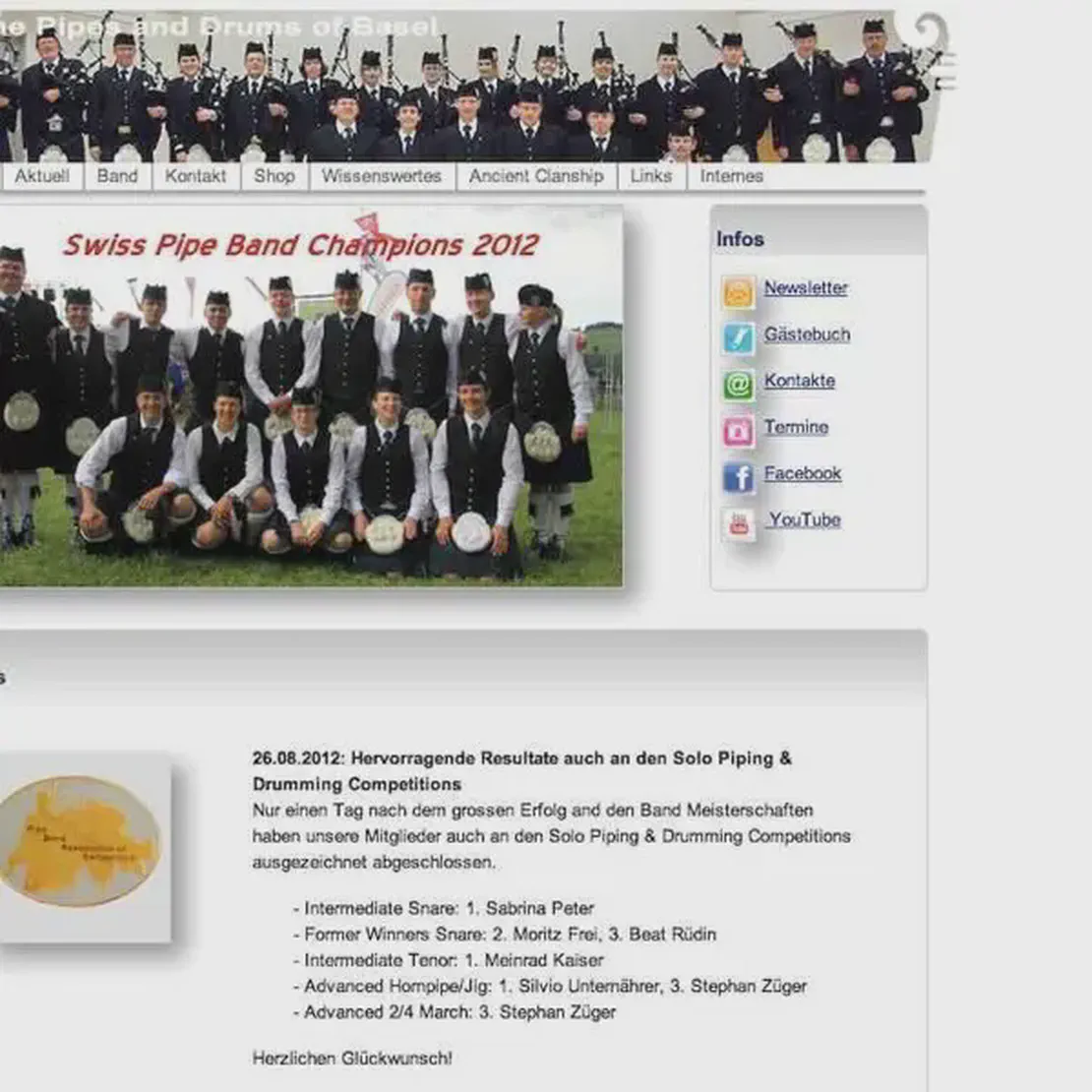- Instrument
- March 18, 2021

This style of fiddle playing is a cornerstone of Celtic music and is characterized by its lively, rhythmic, and often improvisational nature.
The Celtic fiddle, while essentially the same instrument as the classical violin, is played in a distinct style associated with Celtic music traditions, particularly those of Ireland, Scotland, Brittany (in France), and the Maritime provinces of Canada.
Celtic Fiddle Performers

Probably a bow and lyre or fidil the ancestor to the modern Fiddle is dated to the 11th century found on the fiddlers stone at church island
In 1674 Richard Head wrote in reference to Ireland ‘On Sundays: In every field a fiddle, and the girls footing untill they foam up’. suggesting the modern fiddle was already present in Ireland. Reference to the Irish fiddle can also be found in John Dunton’s Teague Land: or A Merry Ramble to the Wild Irish (1698) he says “on Sundays and Holydays, all the people resorted with the piper and fiddler to the village green" An instrument was excavated during the 18th century in Dublin that was dated from the 11th century, it was made of dogwood with an animal carved on its tip, it was believed to have been the oldest bow in the world, however it’s unclear what instrument the bow belonged too. There may also be a reference to the Irish fiddle in the book of Leinster (ca. 1160)


